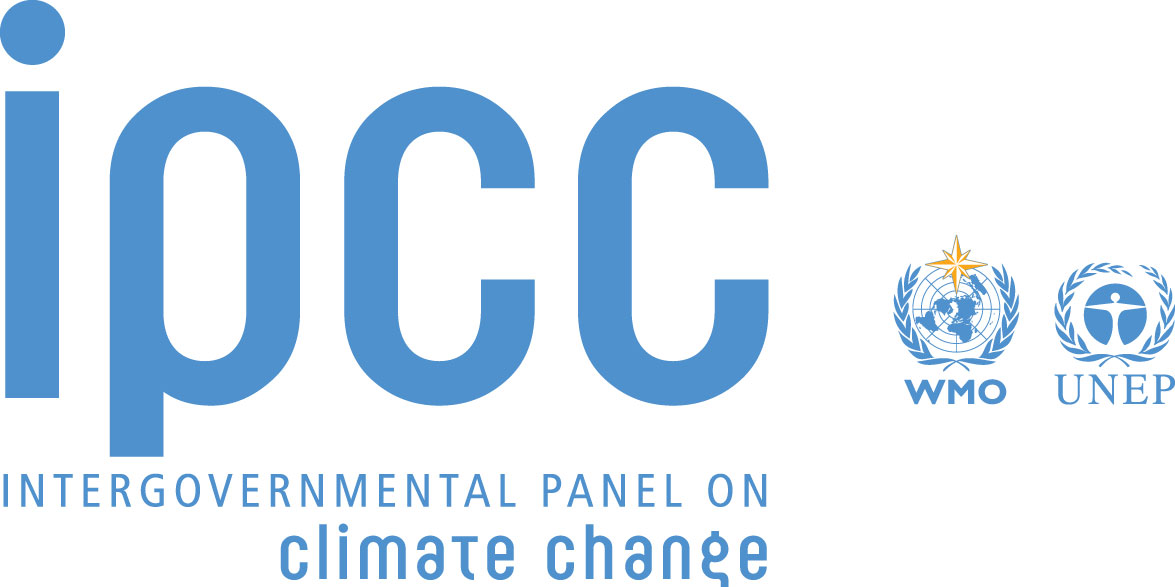A new report from the UN Intergovernmental Panel on Climate Change (IPCC) has stated that it is 95% certain that climate change is man-made. Qin Dahe, co-chair of the working group, said: “Our assessment of the science finds that the atmosphere and ocean have warmed, the amount of snow and ice has diminished, the global mean sea level has risen and the concentrations of greenhouse gases have increased.”
The news comes just two weeks after Farming First launched the Guide to UNFCCC Negotiations on Agriculture, which emphasizes the role that agriculture plays in global warming and collates essential resources on the topic to illustrate how climate change is impacting food and nutrition security throughout the world.
The UN report, which was released worldwide on Monday, was constructed in partnership with leading climate scientists, who looked at how weather patterns are altering the atmosphere and landscapes on earth. The report summary states: “It is extremely likely that human influence has been the dominant cause of observed warming since the mid-20th century.”
With an increase in extreme weather, such as droughts, floods and heatwaves, it is essential that responsibility is taken for the impact we are all having on the environment. The current world population is predicted to continue to expand, particularly in developing countries, which will add further pressure to farmers around the world.
Farmers will have to produce more food whilst tackling the impact of extreme weather and changing seasons, with droughts, floods and heatwaves already impacting farmers’ ability to produce enough nutritious food. The IPCC report predicts that global average temperatures will rise by 0.3 to 4.8 degrees Celsius by the end of the century and this rise could be devastating for food security.
Producing enough food to feed the world is also affecting climate change, with the sector using 70% of the world’s freshwater resources and contributing to greenhouse gas emissions. A voice for agriculture is therefore needed at global climate change discussions to ensure the sector is not pushed to use more precious resources and to help develop innovative methods and inputs that can support farmers to grow food more efficiently in the face of climate change.
Hopefully, the IPCC report will reinforce the need to address the sustainability of feeding the world and will ensure that more people are aware of the relationship between climate change and agriculture.
To find out more about the relationship between agriculture and climate change and to discover ways you can help engage with this dialogue in months before COP19 visit: https://farmingfirst.org/unfccc-toolkit-how-to-use/



